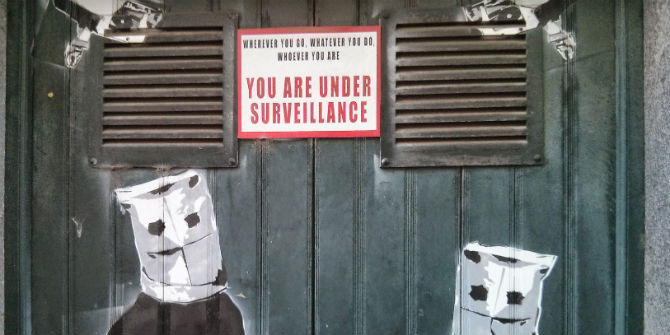Two interesting recent publications on Wikileaks by US law professors. Alasdair Roberts says that the contribution of the Wikileaks phenomenon to transparency has been hugely over-exaggerated, and Yochai Benkler who says more or less the opposite.
What can we say about these two early attempts to understand the significance of Wikileaks? Benkler is concerned with directly intervening in a debate about any future attempts to restrain Wikileaks by law or other means. He gives a fairly compelling first amendment critique of the US government statements on the site, hailing the site as a
“new model of the watchdog function, one that is neither purely networked nor purely traditional, but is rather a mutualistic interaction between the two” (Benkler 2011: 68).
Ultimately, for Benkler,
“it is not, as a matter of law, sustainable to treat Wikileaks or Assange any differently than the New York Times and its reporters for purposes of prior restraint or ex post criminal prosecution consistent with the first amendment’s protection of freedom of the press” (Benkler 2011: 3).
One of the most compelling things about the Benkler piece is a piece of media content analysis – not usually found in Law Review Articles – which convincingly underlines his case that the mainstream media conspired intentionally or otherwise in the framing of Wikileaks as “irresponsible and dangerous.” This framing created a climate which justified government and extra legal attacks on the site.
Roberts on the other hand is not interested in the merits of a case against Wikileaks, but rather seeks to engage with claims made about the extent to which the site is a “game changer” in global transparency. He offers some useful correctives to Benkler’s account, but might be a bit too focused on the Assange vision for global transformation rather than the electronic drop box model per se. And by doing this, Roberts’ paper might be engaging with a straw man. The fundamental issues surrounding Wikileaks are not the overblown claims about transparency made by its founder, but the questions of whether the model of the electronic drop box – and protection of sources by software code rather than ethical code – are robust and replicable by others.
Assange and what remains of the Wikileaks organisation do have to make one key strategic decision: whether to dump online what is left after their media partners have picked over the US cables. Only a tiny fraction have so far been published and at some point the mainstream media partners will lose interest in them.
The true significance of Wikileaks won’t be known for some time. But these two, along with myself and colleagues at LSE are already aiming to ascertain its impact. What is clear is that the longer term impact of Wikileaks will depend not on Wikileaks itself, but on how governments respond to it – legally and extralegally – as Benkler points out, and on how other iterations of the Wikileaks electronic drop box idea play out.





